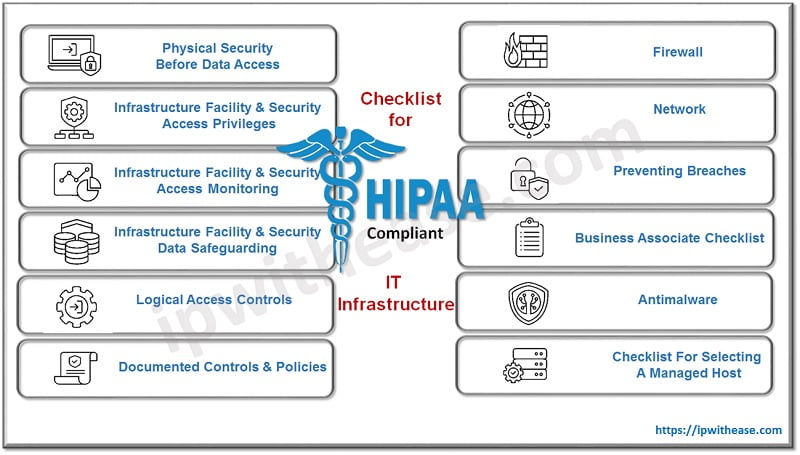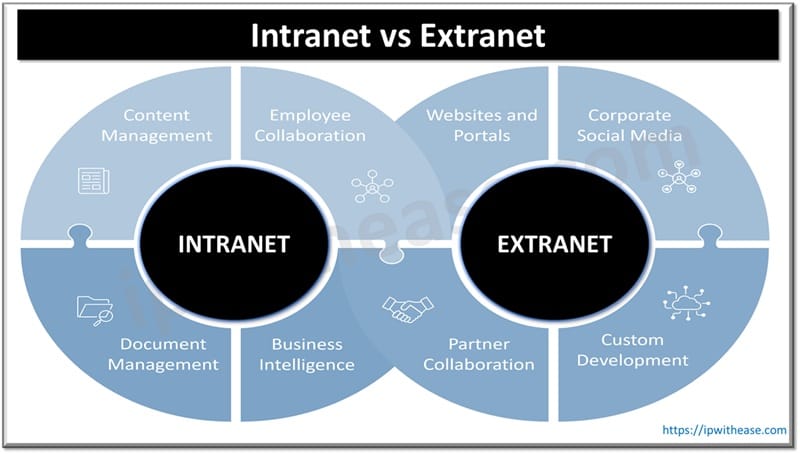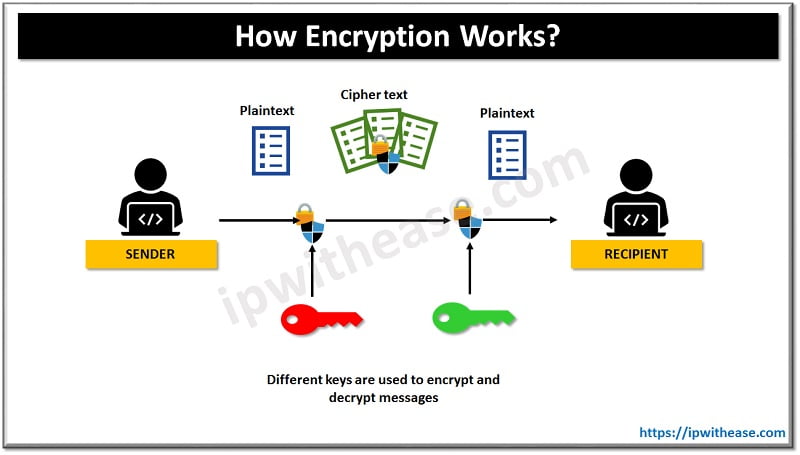Table of Contents
HIPAA stands for the Health Insurance Portability and Accountability Act. It is a set of rules that demands safeguarding confidential patient information, which you may be using in your healthcare business.
Certain organizations that access protected health information (PHI) must implement security controls, processes, and procedures as outlined in the HIPAA regulation.
In this article, you will learn about what HIPAA compliance is and how it can help you with your business. You will also learn about the pros and cons of becoming HIPAA compliant and whether or not it’s right for your company.
Who needs to be HIPAA compliant and why?
HIPAA compliance is an important aspect of the healthcare industry. It ensures that the confidentiality and privacy of patients is maintained at all times. This is important because having your private information out in the open could put you at serious risk.
HIPAA defines two types of institutions that must adhere to its standards:
- Covered Entities: Covered entities are defined by HIPAA as healthcare organisations and their employees that have PHI access. Doctors, nurses, and insurance firms are included.
- Business Associates: Covered entities can contract with third parties, called business associates, to handle administrative matters, but those parties must adhere to HIPAA’s strict privacy rules. A billing company, for example, would have access to PHI such as patients’ names, addresses, and so on.
HIPAA Compliant IT Infrastructure
Any IT entity that is associated with healthcare organization and has the obvious access to the information is bound to follow HIPAA Compliance Rules.
The IT organization would have to take all necessary actions to surpass any kind of data breach that might result in HIPAA compliance violation. And hence it becomes their responsibility to deploy protective measures like: firewall, anti-virus software etc. to implement proper cyber security strategies.
Ensuring HIPAA compliance comes under the IT security team. Below is the check-list and guide of HIPPA compliant IT Infrastructure:

HIPAA Compliance Checklist
There are many steps that you’ll have to go through to become HIPAA compliant. Although the process can seem daunting, luckily, you don’t have to do it alone. Many software companies, like Cloud.MD, have a HIPAA compliance checklist that they walk you through, step by step.
If you don’t have access to a checklist, here is one you can use to get started on the process of becoming HIPAA compliant.
- The first thing you’ll want to do is identify what devices are used for patient information.
- You’ll want to label them and put them in a secure place so that they cannot be tampered with.
- Once you’ve done that, you’re going to want to get your employees trained.
- You’ll want to make sure that they know what information is supposed to go where so that it’s secure.
- Next, you’ll want to implement proper cyber security strategies. This includes protecting your Wi-Fi, installing anti-virus software, and installing firewalls on your computers.
Common HIPAA violations
Healthcare organizations can be fined if they are not compliant with HIPAA laws. Fines can be issued if an organization has mishandled a patient’s private information, if they do not have employee data breach policies in place, or if they have not been able to keep sensitive information secure.
Here are some common violations that you can avoid by being compliant:
- Inappropriate access to a patient’s information – When a person who doesn’t have a right to access a patient’s information does so anyway, this is an example of inappropriate access. People who are authorized to view the information may share it with people who are not authorized to see it, or they may fail to log out of a computer when they’re done using it. All of these are examples of inappropriate access.
- Retention of patient information – You may be required to destroy patient information after a certain length of time. If you fail to do so, you may violate HIPAA laws.
- Lack of training for employees – You must train your employees to handle patient information properly. If an employee mishandles information and you have not provided training, you may violate the law.
Pros of Becoming HIPAA Compliant
As you can see, there are many benefits to becoming HIPAA compliant.
- One of the main benefits is that, if your clients and patients feel they can truly trust you, they may feel more comfortable with you and your services.
- If they feel they can trust you with their sensitive and private information, they may be more likely to use your services and recommend you to others. This could help you grow your business and get a higher client retention rate.
Cons of Becoming HIPAA Compliant
While there are many benefits to becoming HIPAA compliant, there are also some things to keep in mind.
- You may need to invest in new technologies, such as security software or firewalls, and you may have to hire additional employees to handle the added workload of complying with HIPAA.
- Additionally, it can be a huge hassle to keep up with all of the rules. There are many rules and regulations, and it can be easy to forget to do something, or not have time to keep up with everything.
- You may also have to pay more for services, like Internet and computer repair, if your technicians need special training to keep up with the laws.
Conclusion
HIPAA compliance is an important and indispensable aspect of the health industry and can benefit both patients and clients as well as the organizations themselves. Becoming HIPAA compliant is a long and sometimes difficult process, but it’s worth it in the end.
Continue Reading:
Cybersecurity in Healthcare Sector
Top 5 Data Breaches in Cyber Security and Possible Preventative Measures
ABOUT THE AUTHOR

You can learn more about her on her linkedin profile – Rashmi Bhardwaj



